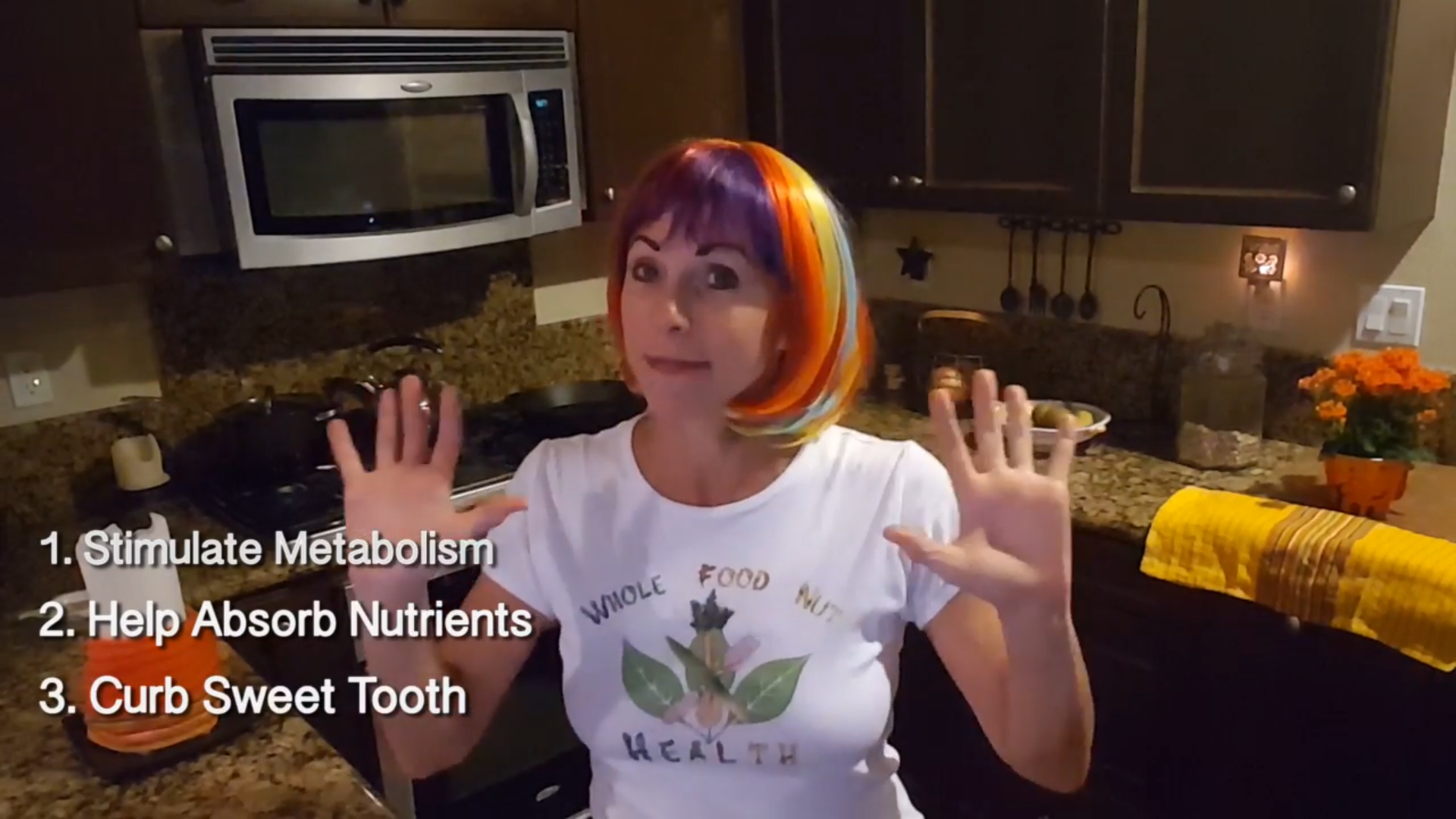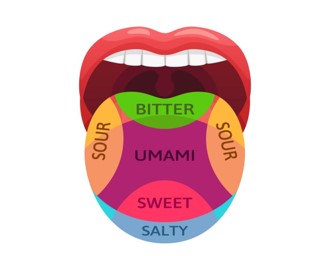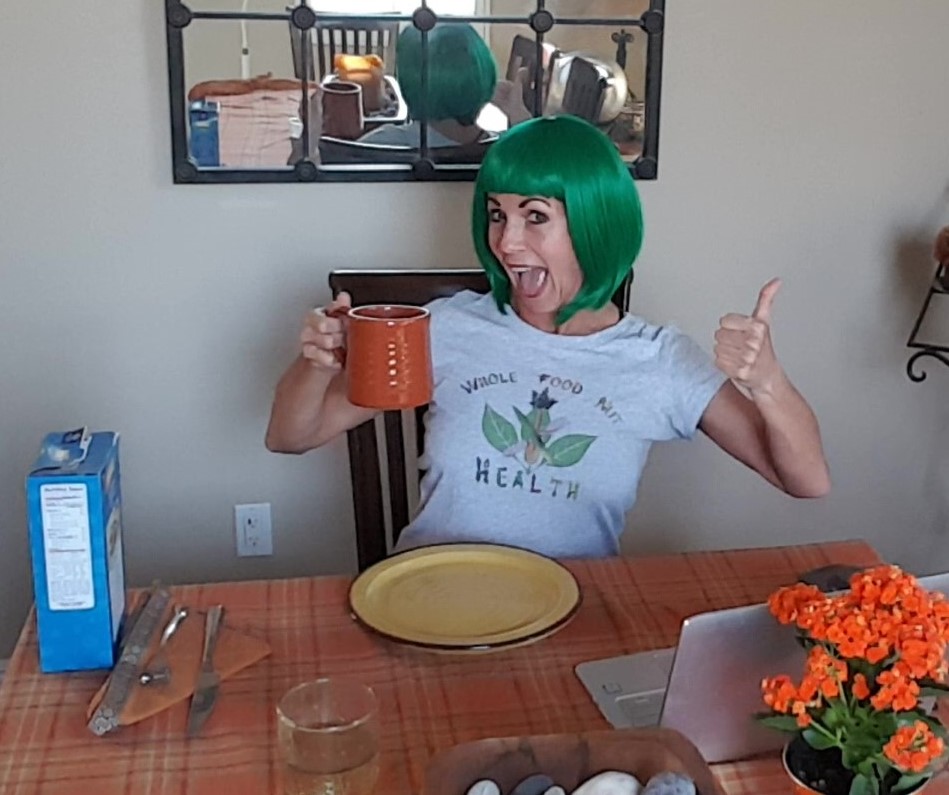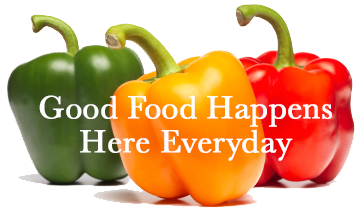Excuse #3 Don’t know where to start
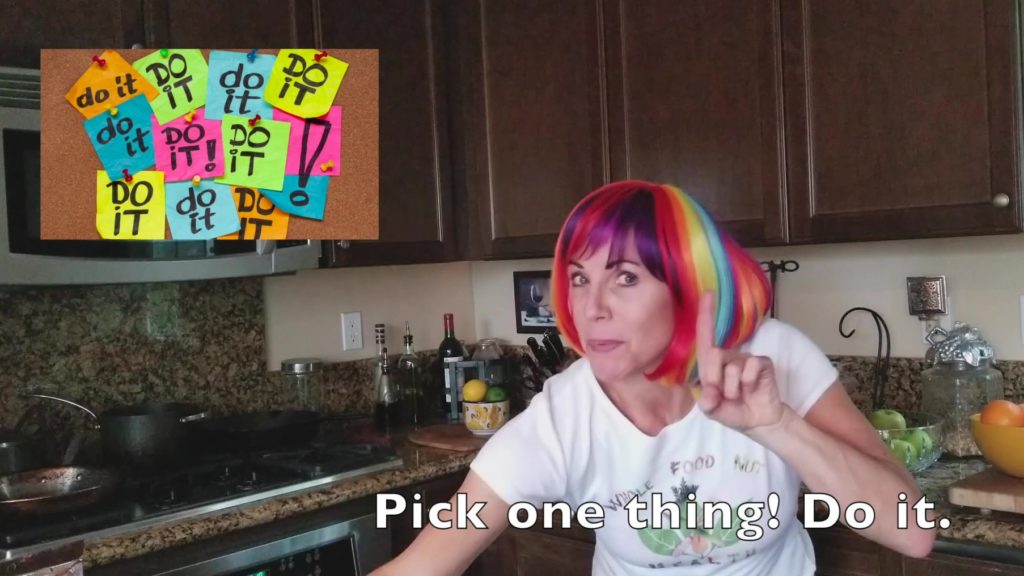
The first step can always be the hardest which is why I advocate for doing one thing at a time and keeping it simple. When you learn how to make simple changes that are not overwhelming, healthy eating is sustainable and fun.
While I have plenty of suggestions for getting started (drink more water, read food labels, chew your food or part with processed foods), it is different for everyone. One of the funnest things of my job is discussing that with you and choosing what it’ll be. From there it’s a matter of tackling one thing while incorporating a healthy habit.
You can pick the hardest habit to kick to start with or you can keep it simple. The best part is when you tackle the first thing and feel that sense of accomplishment! It’s an incredible feeling that becomes a domino effect, when you make a change to one behavior it will activate a chain reaction and cause a shift in related behaviors. It not only creates a cascade of new behaviors, but often a shift in personal beliefs as well. As each tiny change occurs or habit forms, you start believing new things about yourself and building identity-based habits.
I’m excited to help others that are truly interested in getting healthy and want to learn about how they can prepare simple meals from whole foods. I want to share my experience and hopefully make yours a little less frustrating along the way.

